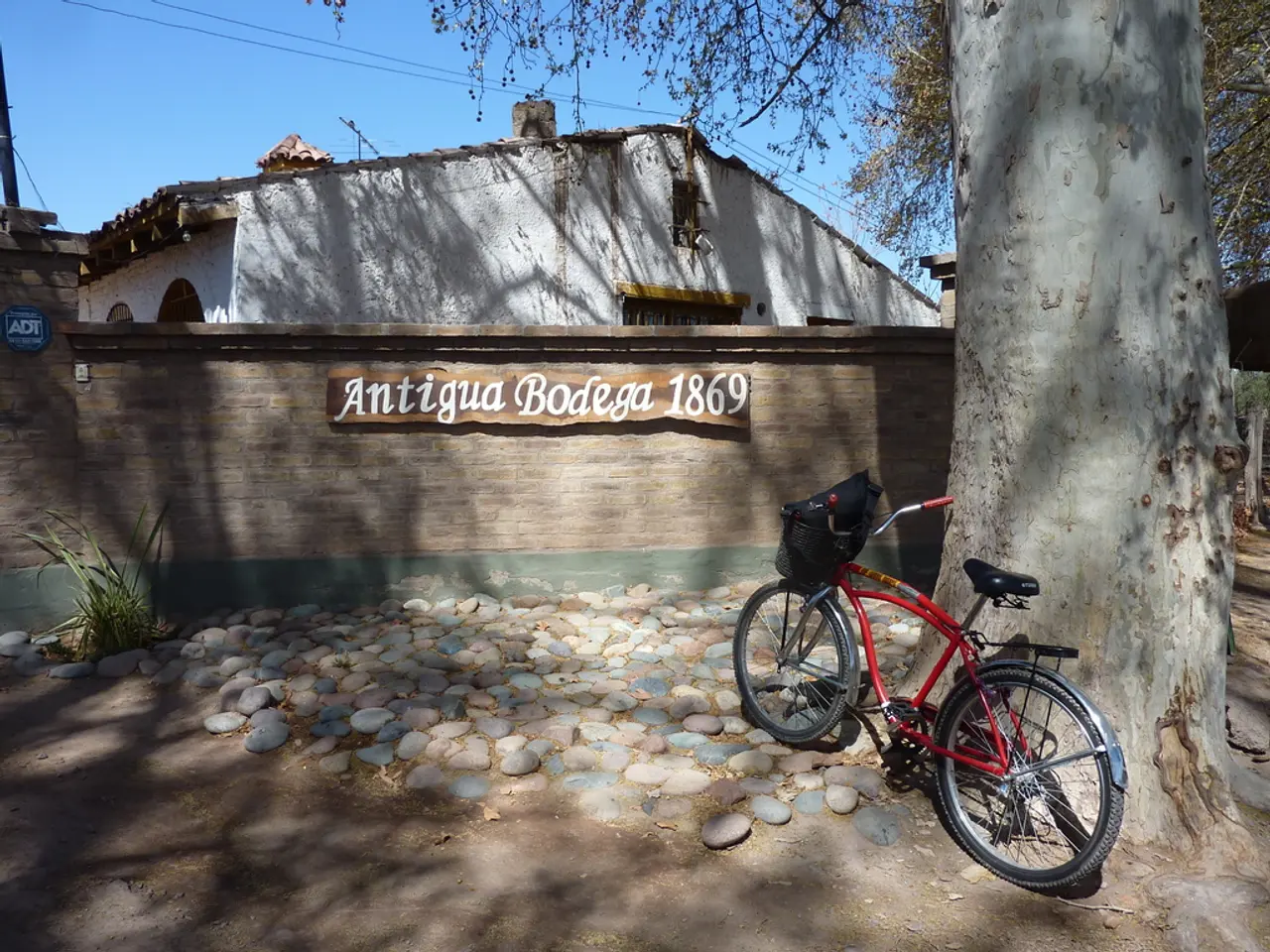"Handel's 'Messiah' performance in Spanish set to mark its 30th year anniversary since translation"
In 1995, a significant event unfolded within the Spanish evangelical community that marked a turning point in their musical and cultural identity. For the first time, Georg Friedrich Handel's timeless oratorio, "Messiah," was performed in Spanish. This historic performance, led by Daniel Hollingsworth, took place in various venues, including the cathedral of León, and was repeated in 2005.
The "Messiah," originally composed in English in 1741, is traditionally performed as such. However, Spanish-language performances are rarer, often linked to efforts to bring Baroque sacred music to different linguistic and cultural communities. The 1995 Spanish performance was significant because, at the time, evangelical churches in Spain had limited opportunities to present large-scale sacred works, especially in the late 20th century when evangelicalism was resurging in a predominantly Catholic country.
This event likely marked an important milestone in making Handel’s "Messiah" accessible to Spanish-speaking audiences within evangelical circles, promoting cultural and religious expression through this significant sacred oratorio. The impact included inspiring further Spanish-language renditions of major sacred works, fostering greater appreciation of Baroque sacred music, and empowering the evangelical community’s musical and worship identity in Spain.
Fast forward to the present day, and the legacy of this historical event continues to be felt. Registrations for the new Messiah Project are now open, a continuation of the project that first brought the Spanish evangelical community together for a common purpose. Daniel Hollingsworth and Francisco Fernandez will lead the orchestra for the new Messiah Project performances.
The Messiah Project aims to use the music of Messiah to give glory to God, connect with the next generation of musicians, and share the gospel. Eunice Cordero, a violinist who was involved in the Spanish performance of Messiah from the beginning, found it to be a life-changing experience. She has expressed her desire to collaborate with the Messiah Project both musically and organizationally.
The work is best known for its 'Hallelujah,' a powerful and uplifting piece that resonates with audiences worldwide. The new Messiah Project performances promise to bring the same spirit of unity and devotion that the 1995 Spanish performance embodied. For those who were part of that historic moment, it remains a memorable performance, a testament to the power of music to bridge cultural and religious divides.
For detailed historical records or scholarly commentary on this specific 1995 Spanish evangelical "Messiah" performance, specialized archives or musicological studies focusing on Spain’s evangelical church music history would need to be consulted. However, the impact of this event is clear: it was a significant step in the evolution of the Spanish evangelical community's musical and cultural identity, and it continues to inspire and unite people today.
The Messiah Project, aimed at paying tribute to God through the music of Handel's Messiah, continues to draw inspiration from the 1995 Spanish performance, which marked a significant milestone in making the oratorio accessible to Spanish-speaking audiences within the evangelical community. This historic event fostered a greater appreciation of Baroque sacred music and cultivated cultural and religious expression among Spanish evangelicals, paving the way for further Spanish-language renditions of major sacred works.




